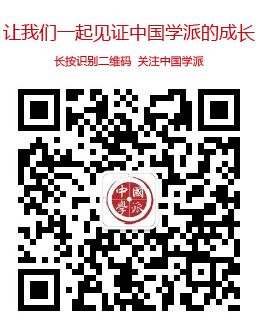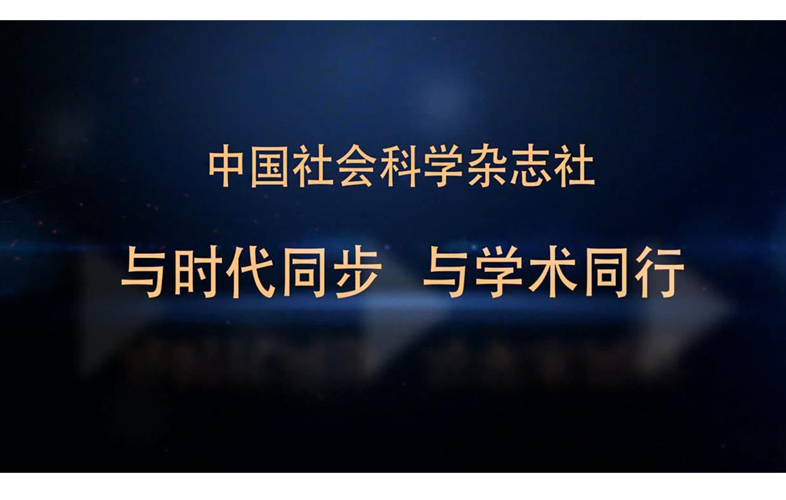Xiong Yihan
School of International Relations & Public Affairs, Fudan University
Abstract:Since the rise of the Internet in China, China’s local governments have actively used Internet technology to facilitate public administration and public services. What impact, then,have different types of social media had on local governance? This paper, based on years of investigation of J Town and L Sub-district in Shanghai (2012-2018), finds that Internet technology has profoundly transformed the grassroots power structure. Before the rise of the Internet, the grassroots power structure included local government, activists and the masses;in the age of Weibo and home owners forums, grassroots opinion leaders rose, becoming an impressive social force that local government could not afford to ignore; in the age of WeChat, however, the influence of grassroots opinion leaders declined, as local government can interact directly with the masses through WeChat public accounts and WeChat group chats, with the network technology becoming a tool for micromanagement. These three stages correspond to three types of government characterized by limited mobilization,consultation, and user-friendliness, respectively.
Keywords:Internet + government services, power structure, micromanagement, userfriendly government



